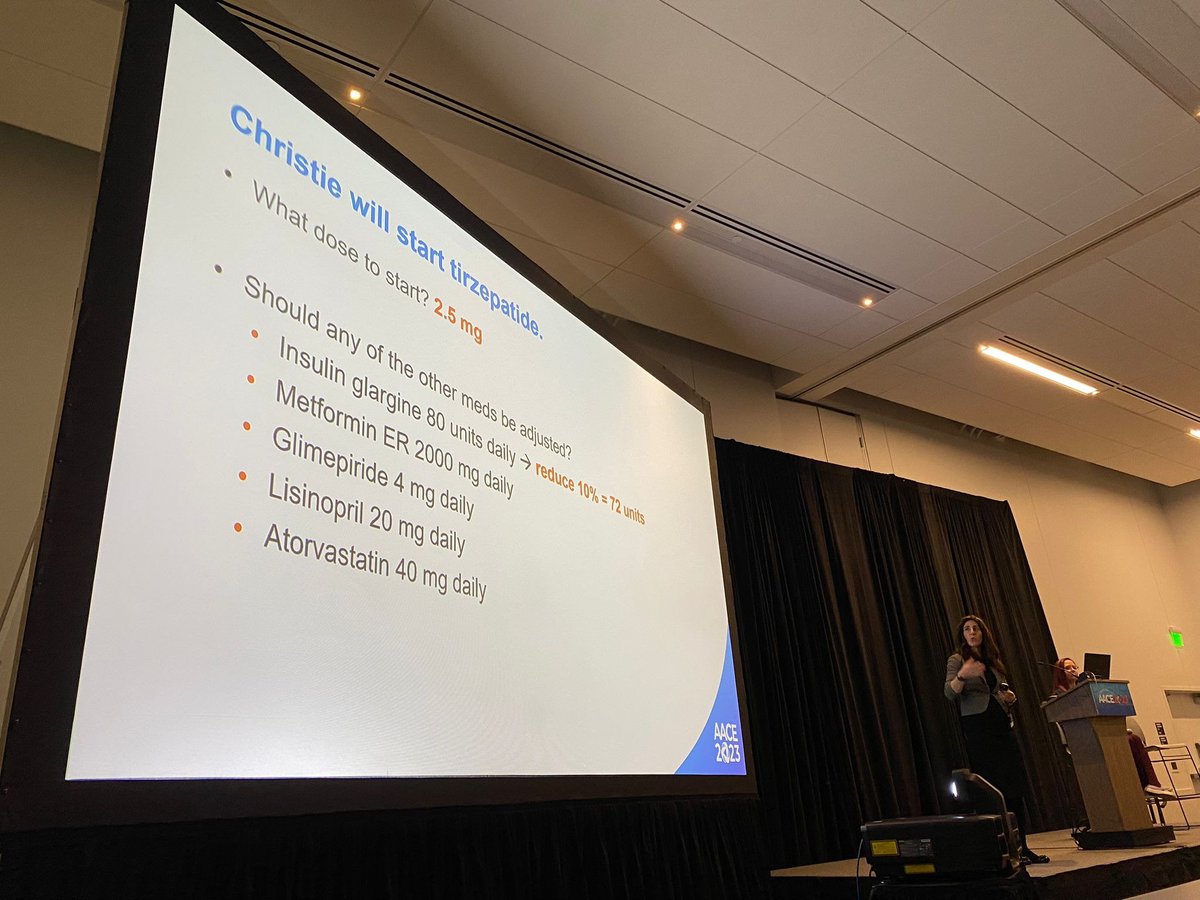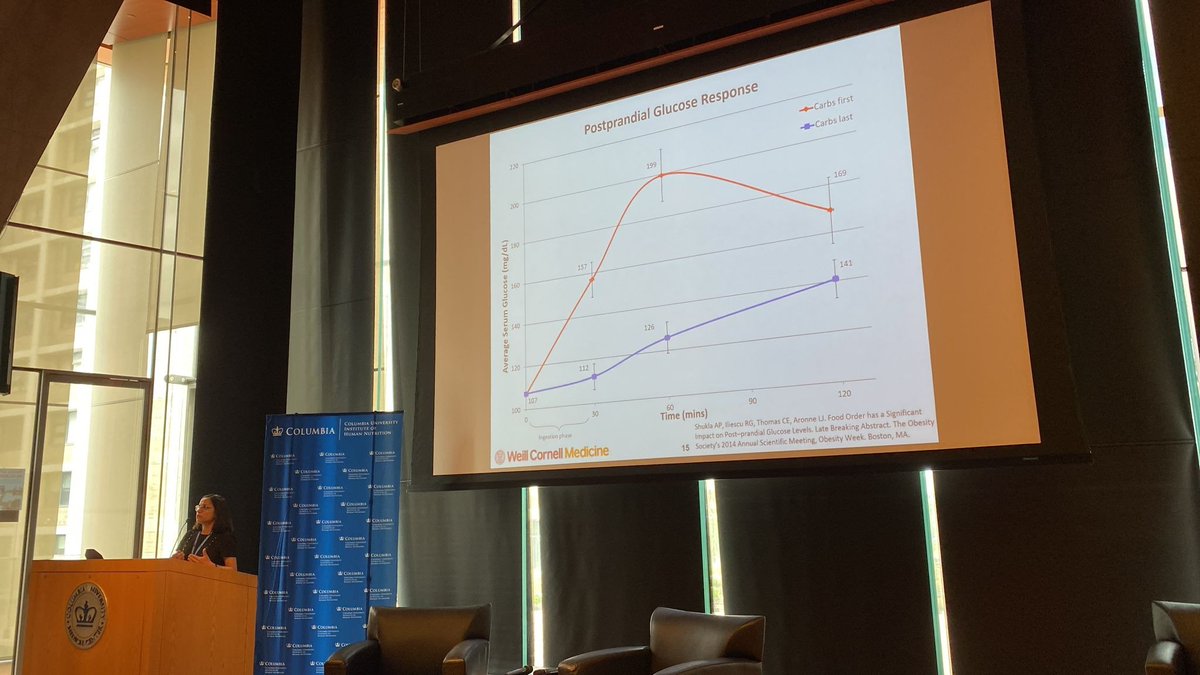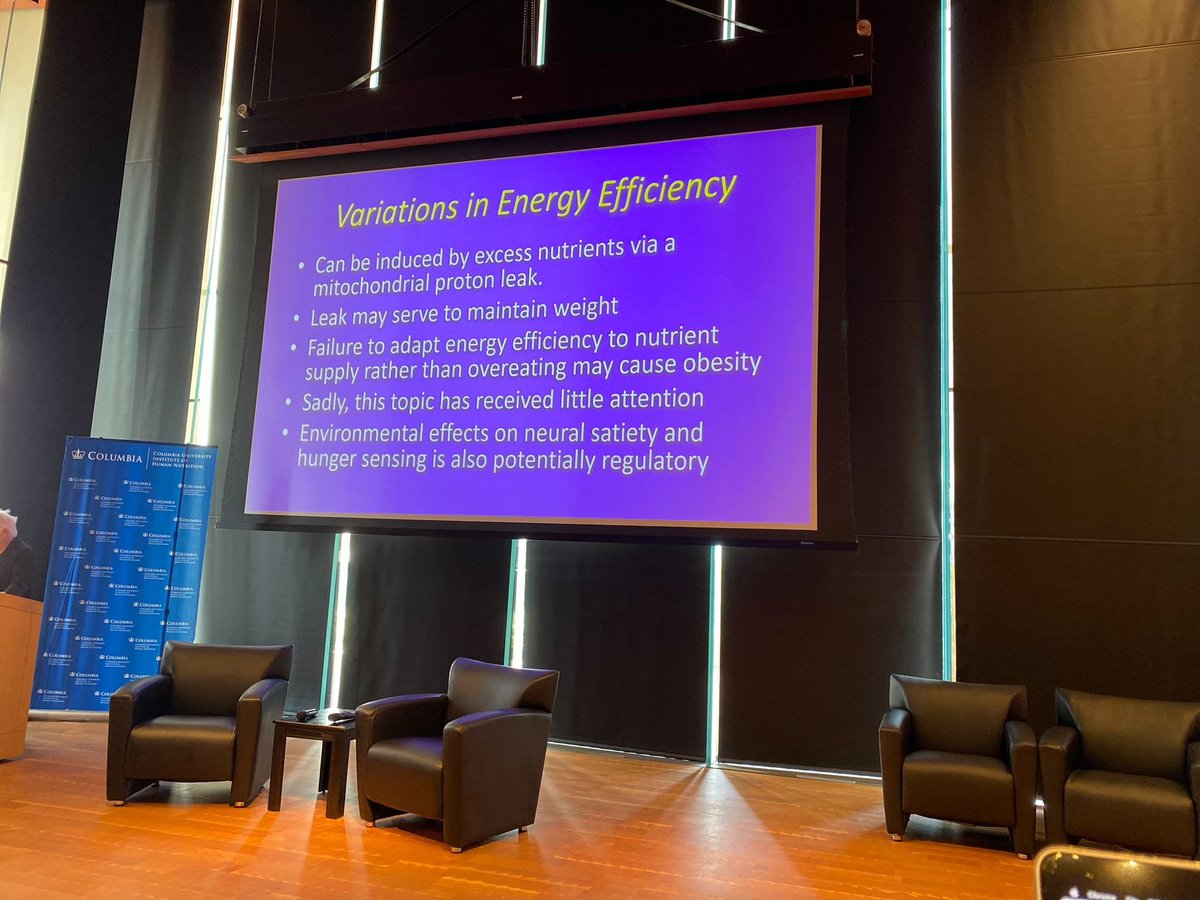Key quote:
"The RISK of developing obesity comes from genes."
Note that he doesn't say obesity itself is caused by genes. This would be an oversimplification!
2/
"The RISK of developing obesity comes from genes."
Note that he doesn't say obesity itself is caused by genes. This would be an oversimplification!
2/

You've seen this graph in several versions. This is what happens when genes set a risk level and the environment selects for it, resulting in a specific phenotype
3/
3/

An excellent explanation of the genome wide polygenic risk score (GPRS). Using data of 2.1 million SNPs as markers for ↑weight or ↓weight, we can predict with SOME accuracy what the #weight differential will be at middle age, comparing highest and lowest risk cohorts
5/
5/

We're not just studying obesogenic genes but also those that protect against #obesity
science.org/doi/10.1126/sc…
6/6
science.org/doi/10.1126/sc…
6/6

• • •
Missing some Tweet in this thread? You can try to
force a refresh

 Read on Twitter
Read on Twitter






















